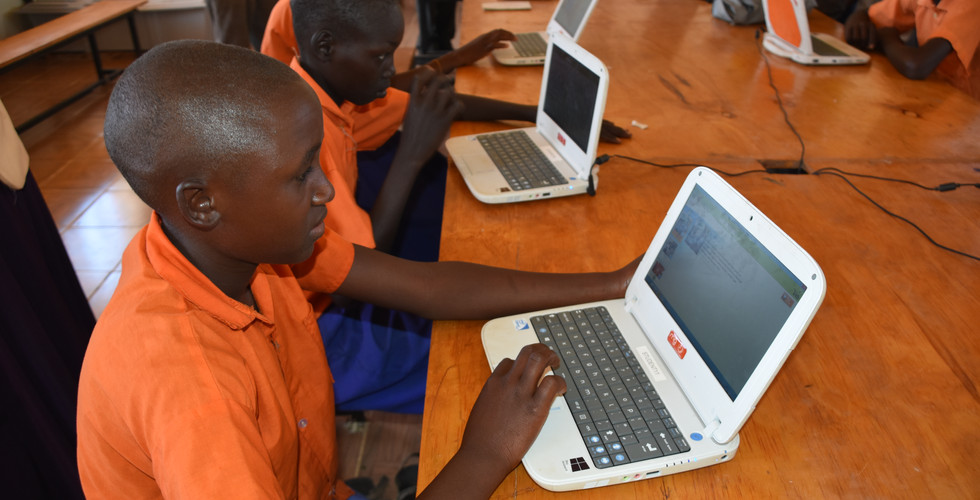A Case Study of Success: Tipet
- Jeff Armantrout
- Feb 14, 2022
- 3 min read

Imagine growing up in a village where there were no roads leading to it. Where child mortality rates were high, and you lived in a constant fear of the threat of malaria outbreaks and the daily treacherous trip to the crocodile-infested river for water.
This is what life was like in the small village of Tipet, in the Sook region of West Pokot, Kenya circa 2010. It was so remote that even many in West Pokot had never heard of it. There were no formal schools, and its inhabitants had never seen a car.
But for children who have grown up in Tipet over the past decade, their experiences have differed radically from those of their elders. Through the work that World Vision’s Kenya Child Protection and Education Program has done, this community has transformed.
World Vision had been working in Chepunyal, Sook, when they had heard of a community located deep in the bush, and went in search of them. The WV team made weekly visits to the community for months, driving until the road stopped, and walking the remaining 5km in the heat to meet with community leaders and elders to learn about their needs and hopes.
Over time, they built trust, listening to the issues the community was facing, and providing support where they could. They started by providing treated mosquito nets to people in the community, and within two years, malaria cases and malaria-related deaths had virtually disappeared.
Tipet had been so off the map that World Vision had to introduce Kenyan government officials from the Ministries of Education and Health to the community leaders. This led to the creation of Tipet’s first classes and immunizations.
These positive interactions led the people of Tipet to take the initiative to hand carve a road out of that tough 5km stretch so that vehicles could get to the community more easily.
In 2012, Tipet celebrated the opening of a World Vision sponsored classroom that had just been built–its first schoolhouse.
Evelyn had begun teaching children informally under a tree in the village center a few years previously. As the most educated person in the village (having completed third grade), she took on the challenge of educating the children of the community with nothing more than a few chalkboards, trees for shade, rocks for students to sit on, and a passion for improving the lives of the people in her community.
But now there was a school building. School supplies. Desks and chairs. Even a certified teacher after they put in a request to the government. The community was so excited that they built the new head teacher, Selena, a house to thank her for her work. In turn, Selena started a community garden to supplement the pastoral community and teach the children about agricultural techniques.
At the opening of the first school classroom building, World Vision announced plans to build a further 8 classrooms, an administrative building, and 6 latrines, with commitments from the government for more teachers.
The people of Tipet are of the Pokot tribe, who practiced female genital mutilation as a prerequisite for marriage, often marrying off the girls as children. With these first steps towards formal education and opportunities for girls’ futures, however, that was destined to change.
The community spirit of compassion, resilience, and grit stayed the same over the years, but everything else is practically unrecognizable.
Just five years after World Vision’s initial excursion to the rural village, those plans World Vision promised came to fruition, with the Deputy President of Kenya helicoptering into the village to commemorate the opening of the full primary school. In five years, the village went from no roads, and never having seen a car, to the Deputy President of the country helicoptering in.
The school became so popular that children from the surrounding area would walk 14km each way over the mountains pictured below to attend the school. Now, a dormitory houses children of nomadic pastoralists from outside the village so that they don’t have to walk such great distances.

Today, over 240 students attend the Tipet primary school, and there are now even two Tipet Secondary Schools (one for girls, one for boys). The rates of FGM and child marriage have gone down substantially, the children are healthier and no longer suffer from the myriad of diseases that were once prominent in this area.
The people of Tipet were a community eager for better lives for their children, and through their involvement and the trust built between them and our implementing partners, the community is thriving, girls and boys have value, and the people have hope for their futures.






























Comments